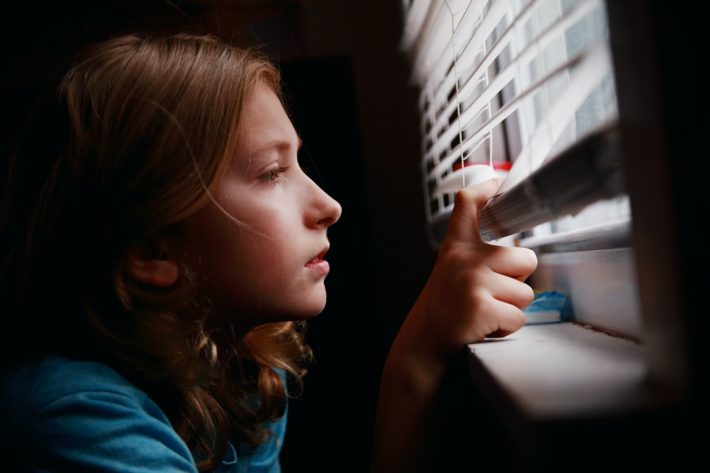The recent pandemic (Covid-19) has impacted education systems in universities around the world. The impact has been dramatic for institutions, academics, and students looking for workable short term solutions for online teaching and learning. The unique challenge facing higher education encouraged DEN to look for opportunities to stay in contact with students using online facilities. Through the academic initiative, we invited students to meet and organise feasible and appropriate projects at this time. Using Inside Westminster we have agreed that students will write an article and or provide a 5 minutes video of their reflection and experience of Covid-19. We have encouraged students from all over the world to express their stories and share them with each other, hoping that this would provide a channel not only to learn but also to engage with each other. Hence, the following articles in this section are students’ reflections/experiences of Covid-19.
Let me start off by explaining that I work within the Autsistc department in a special educational needs high school, needless to say, my working day was very far from ‘normal’ to begin with. A fact that the government guidelines failed to acknowledge.
As a key worker, I had very few worries regarding employment during such uncertain times, a privilege that was unfortunately denied to so many others. My worries, however, shifted to my vulnerability in the workplace. Now we all know the prime minister’s initial stance considering schools stated they were all to close apart from for kids of key workers and vulnerable children. In a school consisting of only vulnerable children, this meant very little. While several parents chose to keep their kids at home, many of the most challenging remained.
It is no secret that the fear of contracting the virus was irrationally high, to begin with. This only increased the anxiety around working with children that struggled to understand the concept of personal hygiene. As well as this the mass confusion surrounding the situation proved to be too much for a lot of our students to comprehend. For kids that relied so heavily upon routine and consistency, the sudden change to their lives alongside their struggles to communicate brought about excessive unnecessary aggression and a blatant reversal of personal progress.
Despite training in dealing with challenging behaviour, staff around me were being sent to A&E and plea’s to keep children at home were being dismissed by parents struggling to help their kids adjust to the new normal. On top of this, the new bubble system put in place presented its own challenges. The need to keep bubbles separate reduced the number of staff on hand available to help when dealing with a child in crisis. For the first time ever I felt unsafe in the workplace and ironically it had very little to do with contracting the virus.
The two-meter rule is another guideline that presented more obstacles than it did solutions for the simple matter that staying two meters away from the students was impossible in almost all cases. Many of our students required two to one assistance when undertaking simple tasks such as going to the bathroom or simply walking down the corridor. It also became a constant battle of weighing out the child’s need for intensive interaction against the benefits of maintaining social distancing rules.
I found that while I was at work I was so consumed with caring for the students and worrying about their safety that I began to forget about my own anxieties. The faith they placed in me became a source of comfort I relied on. This whole experience made me realise that there’s no playbook for living through a pandemic, we’ve all had to work together to keep everyone as safe as possible.
I am so proud of how many of our students managed the confusion and disruption to their routine and I found that the more confident we were in ourselves the more confident they were in our ability to keep them safe. Although the past few months have been incredibly challenging, it has been amazing to be able to facilitate such ease to the most vulnerable within society and witness how far beyond the call of duty schools will go for their students.
Safaa Attiah, BA (Hons) International Relations Alumni (2016-2019)
